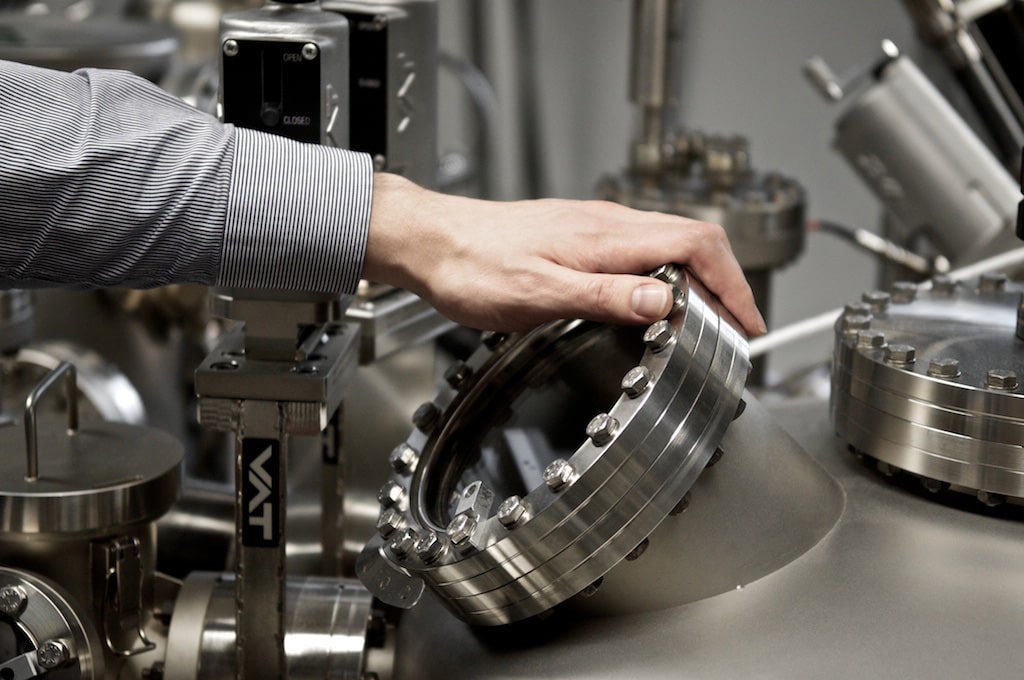CNC Machining: Precision Manufacturing for the Trendy Period
CNC Machining: Precision Manufacturing for the Trendy Period
Blog Article
CNC machining, also known as Computer Numerical Control machining, is now a fundamental element of modern manufacturing. It provides a level of precision, quality, and reliability previously impossible with traditional methods. Automating the operation of machines through computers, CNC machines allow companies to make complex pieces with astonishing precision. From automotive and aerospace industries to electronic and healthcare, CNC machining is utilized throughout the world to make complex components that need high precision. The integration of computers into the machining process has transformed the method by which products are developed and produced, setting new standards for quality and efficiency.
The core feature of CNC machining lies the ability to transform digital drawings to physical components. By using computer-aided design (CAD) software developers and engineers can design precise 3D models of the desired part. This digital design is then translated into precise instructions, which is known as "G-code," which the CNC machine uses to execute actions like cutting, drilling or milling. This digital control allows for a high level of precision which manual machining cannot achieve. Additionally, once a design is entered into the machine, it is able to be reproduced without any issues, and produce identical components in huge quantities with no manual adjustments. This repeatability is essential in all industries where precision as well as consistent production are important.
Efficiency is another significant benefit for CNC cutting. When the design is programed in the machine it is able to run in a controlled manner, performing multiple operations with no need for input from a human. Automation results in faster production times and greater reliability in the product quality. Furthermore, CNC machines can operate constantly, which means manufacturers are able to produce components around the clock, increasing overall output. Contrary to conventional methods of machining, which require skilled technicians to manage the equipment, CNC machining offers a considerable reduction in costs for labor and the potential for errors made by human beings, making it a viable option for massive production.
CNC machine's flexibility is another reason it has become an integral part of modern manufacturing. The technique can be utilized with a wide range of different materials, ranging from tough metals such as titanium and stainless steel to softer plastics and wood. This makes CNC machining suitable for the production of parts in various industries, such as aerospace, automotive, electronics, medical, and consumer goods. In addition, CNC machines can perform a range of operations, such as cutting, milling engraving, drilling and even 3D contouring inside a single set-up. This versatility eliminates the necessity for multiple equipment and transfer, further enhancing efficiency. For prototypes, whether they are made or assembling large quantities of component parts, CNC machining offers the ability to accommodate a variety of needs in production. To receive additional details please check these guys out
While it is a great tool, CNC machined work is not free of its difficulties. One of the biggest hurdles that many businesses face, particularly smaller and mid-sized businesses in the beginning is the investment required. CNC machines are more expensive than traditional machining tools, plus there's the cost of specialized software maintenance and education to take into consideration. However, the long-term benefits--such as a reduction in labor expenses, faster production cycles, and increased quality of parts - often justify the initial cost. In addition, the rise in CNC companies that offer machining services allows companies without the capital to buy their own machines to take advantage of this technology. The service providers are able to create customized parts upon request which is a cost-effective choice to businesses who require precision cutting without incurring upfront expenses.
The future of CNC Machining is promising, as technological advancements continue increasing the capabilities of what machines can accomplish. While CNC machines grow increasingly sophisticated, they're becoming increasingly integrated with other technology like robots and 3D printing for the creation of hybrid manufacturing processes which combine the advantages of different techniques. Furthermore, the rise of smart manufacturing and manufacturing with the Industrial Internet of Things (IIoT) can lead to increased integration and automation of CNC manufacturing, which allows the machines to interact with each other and adjust operations in real time based on sensor data. While these advancements continue to advance, CNC machining will remain essential to the evolution of modern manufacturing that will offer even higher precision along with speed and adaptability in the future of manufacturing.